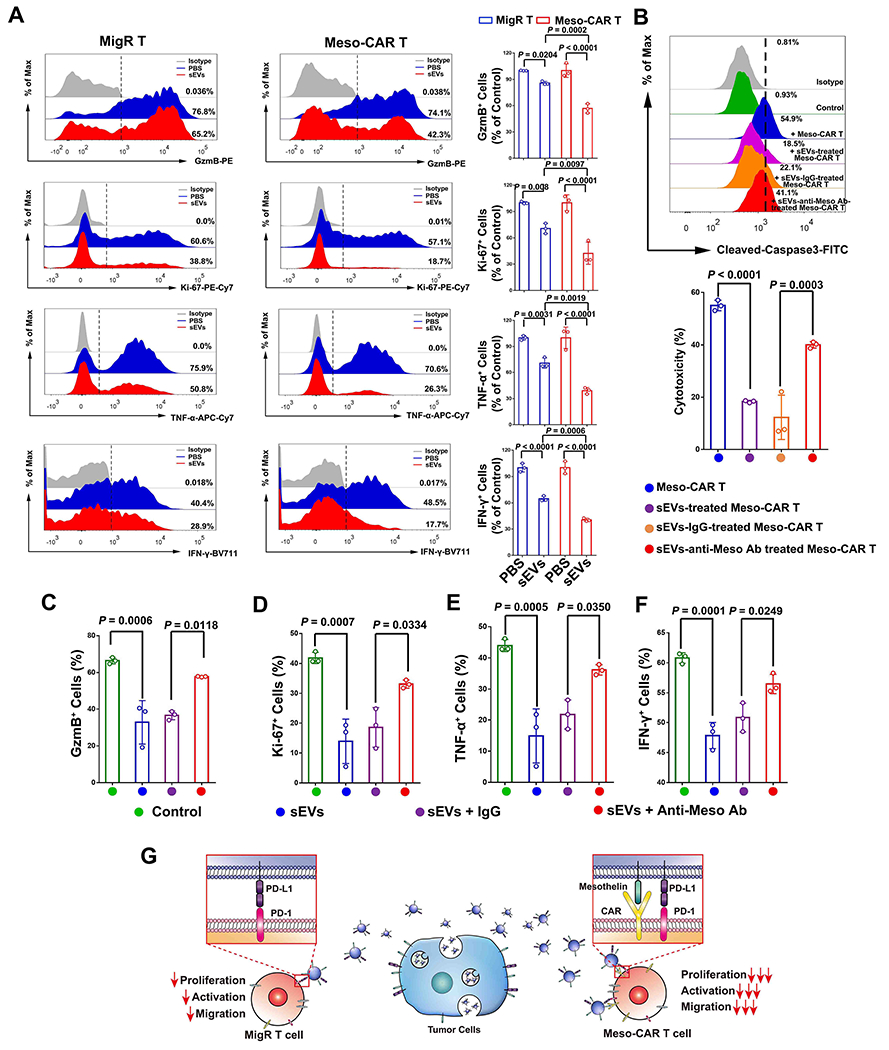Figure 4. Mesothelin contributes to the preferential inhibition of CAR T cells by tumor sEVs.

A, Representative flow cytometry analysis of MigR and Meso-CAR T cells examined for the expression of GzmB, Ki-67, IFN-γ and TNF-α after indicated treatments. Quantification of cells with positive GzmB, Ki-67, IFN-γ and TNF-α expression in Meso-CAR T cells after the indicated treatment is shown at the right. B, Meso-CAR T cells treated with PBS, sEVs, sEVs with or without IgG isotype or anti-mesothelin antibody blocking, were then co-cultured with 4662 cells for 48 hrs. Apoptosis of tumor cells detected by flow cytometry analysis of cleaved caspase-3 (upper panel), and the relative cytotoxicity is calculated (lower panel). C-F, Quantification of cells with positive GzmB (C), Ki-67 (D), TNF-α (E), IFN-γ (F) expression in Meso-CAR T cells after indicated treatments. G, Schema showing that CAR T-targeted tumor antigens on sEVs interact with CARs on CAR T cells, leading to the preferential inhibitory effect of sEVs on CAR T cells. Statistical analysis is performed using Welch ANOVA with Sidak’s T3 multiple comparison tests (A-F).
